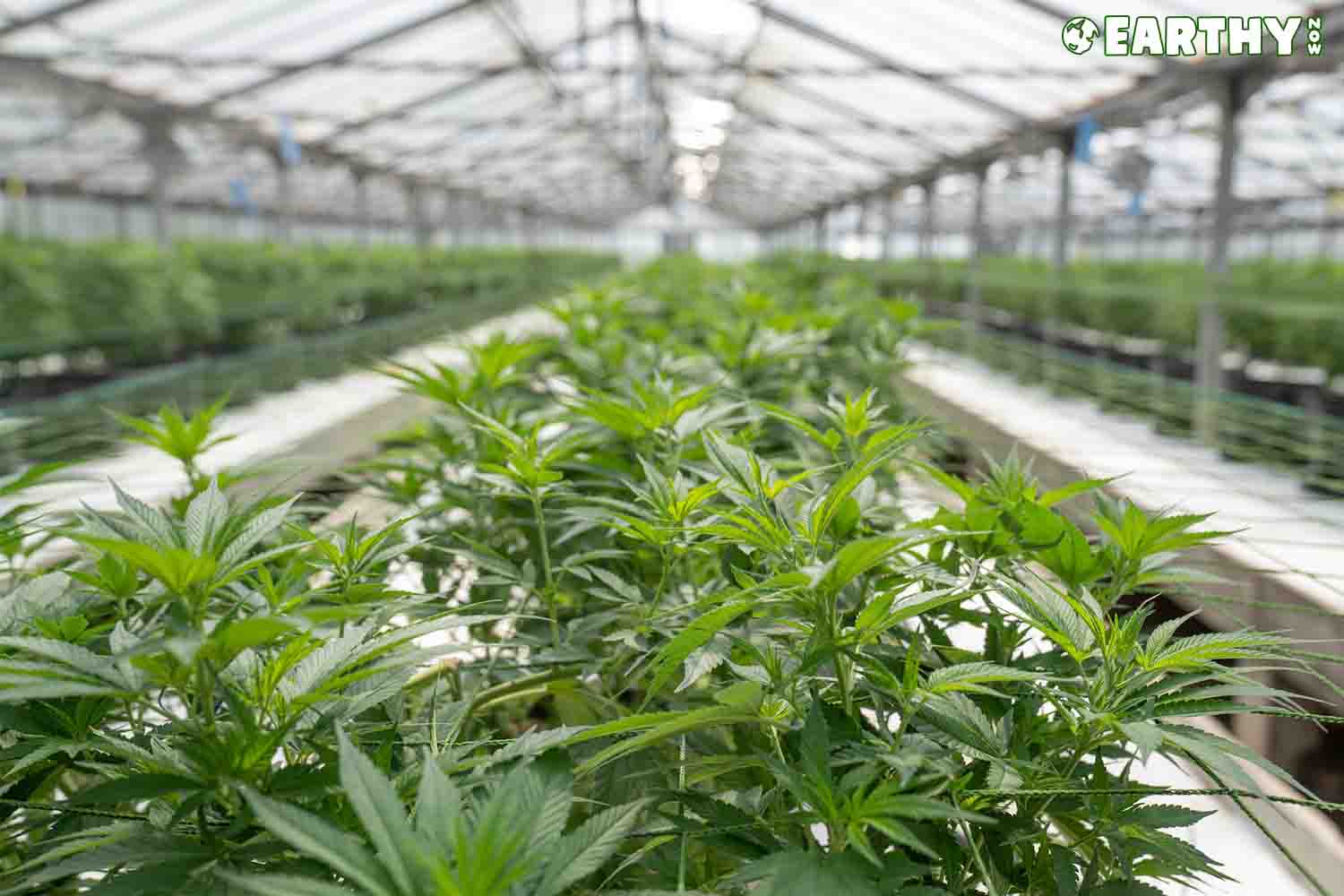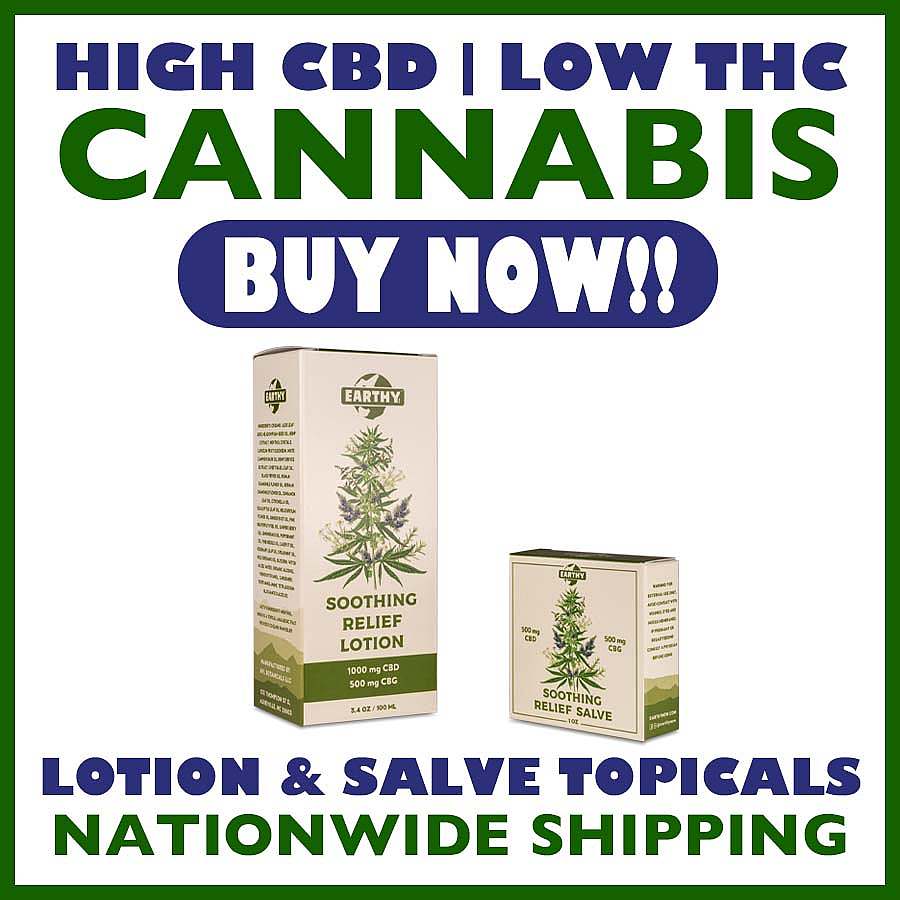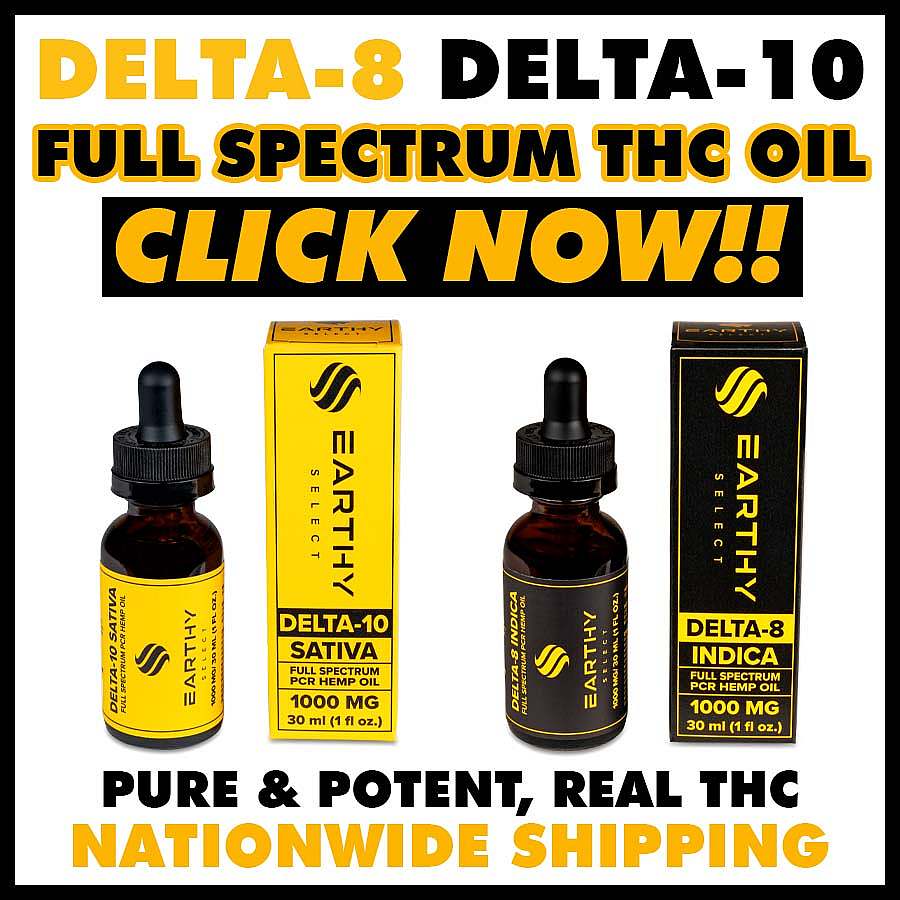You’d think the question about whether or not CBG is legal would be either a yes or no, right? Well, it happens to be a bit more complicated. While CBG is not a controlled substance, the different kinds of cannabis determine whether a product derived from it is legal or not.
For instance, CBG derived from hemp (defined as cannabis with less than 0.3 % Delta-9 THC) is federally compliant, whereas cannabinoids derived from marijuana (defined as cannabis with more than 0.3 % Delta-9 THC) are federally outlawed. Read on to find out how to ensure your CBG products are federally compliant.
What is CBG?
As cannabis consumers seek out the benefits of cannabinoids besides the popular THC and CBD, cannabigerol (CBG) has found the limelight over recent years. A precursor molecule for other cannabinoids, CBG gives rise to other cannabinoids when in its most acidic form— cannabigerolic acid (CBGA). Because of this generative status, CBG is sometimes referred to as the “mother of all cannabinoids [1].”
Perhaps surprisingly, CBG makes up only 1% of many cannabis strains. In contrast, some cannabis strains can contain levels of 20% or 25% CBD [1].
The scarcity of the CBG makes products derived from this cannabinoid harder to come by and sometimes expensive. However, the demand for CBG is rising due to its many potential benefits.
How to Use CBG Gummies: Helpful Tips
Benefits of CBG
CBG’s popularity is quickly gaining steam due to its wide range of potential benefits and consumers enjoy how it makes them feel.
CBG is a compound with much powerful potential. Anecdotal reports indicate that people may benefit from CBG in various ways, but CBG’s effects may change depending on the individual. Some people report relief, others find other positive feelings and effects [2]. Some studies have linked CBG to potential medical benefits, but clinical trials must be sufficiently pursued before definitive claims can be made [3].
Though many people feel uplifted and energized after taking CBG, it is a non-psychoactive cannabinoid. Still, the interplay among cannabinoids, terpenes, and flavonoids may bolster the effects of the cannabinoid through the entourage effect if the CBG product consumed is a full-spectrum or broad-spectrum.
The entourage effect can influence the effect of the product if you consume full-spectrum CBG products and perhaps to a lesser extent with broad-spectrum products. Taking CBD and CBG together, for example, may enhance the effects of each cannibinoid.
Though CBG alone is not intoxicating, it can make you feel good in more subtle ways. For example, some people report feeling its distinctive energy-giving effects.
How to Use CBG Oil for Great Results
What is the endocannabinoid system?
Critical for almost every aspect of our functioning, the endocannabinoid system has a unique relationship with the cannabis plant [4]. While many of us have heard of chemical transmitter systems like the central nervous system, fewer have heard of the more recently discovered endocannabinoid system (ECS).
The endocannabinoid system is a complex network of chemical signals and receptors that operate throughout the human body, and it seems to affect our perceptions and physical sensations.
The cannabinoid receptors (including CB1 and CB2 receptors) are stimulated by cannabinoids: either endocannabinoids which are made by our body, or phytocannabinoids which occur in plants. These chemicals influence our bodily functions by manipulating neural activity related to sensations like hunger, temperature, or sleepiness. For example, CB1 receptors seem to mediate most of the psychoactive effects of cannabinoids, whereas CB2 receptors are mainly associated with anti-inflammatory responses [4].
Our natural receptors get stimulated by its endocannabinoids, which are endogenous molecules that have a structural similarity to molecules in the cannabis plant. These tiny molecules travel through our brains and bodies, affecting our perceptions. Similarly, the effects of the cannabis plant occur when cannabis molecules (cannabinoids or phytocannabinoids) essentially engage our bodies’ cellular machinery through the cannabinoid receptors [4].
Does CBG get you high?
Because CBG itself does not contain THC, the psychoactive cannabinoid in cannabis, CBG does not get you high. Nonetheless, it’s possible that you will feel mood enhancing effects. Effects may be more intense if the CBG is used in a full spectrum product since the entourage effect will be at play.
CBG Gummies Review: Best CBG Gummies
What does hemp-derived mean?
Cannabis plants are designated as either hemp or marijuana based on their THC content. Thus, the term “hemp-derived” indicates that a product is made from hemp as defined by federal law.
These categories originated from the 2018 Farm Bill (see next section), which established new federal legal definitions and rules for hemp.
In essence, the definition of an acceptable “hemp-derived” product states that any part of the hemp plant is permissible under federal law, with certain exceptions: the hemp plant and “any part of that plant, including the seeds thereof and all derivatives, extracts, cannabinoids, isomers, acids, salts, and salts of isomers, whether growing or not, with a delta-9 tetrahydrocannabinol concentration of not more than 0.3 percent on a dry weight basis” may be used for production, sales, transport, and use.
Cannabinoids like CBN, CBD, Delta-8 THC, Delta-9 THC, and Delta-10 THC that are derived from the hemp plant are federally compliant under these new definitions. Myriad products containing these and other cannabinoids are acceptable under the Farm Bills as long as their hemp-derived Delta-9 THC content is less than 0.3 percent [6].
Is CBG legal?
CBG is not a controlled substance. But, for many years in the U.S., cannabis was illegal according to federal law, whether or not it contained Delta-9 THC, the main psychoactive chemical that occurs naturally in the plant. Thankfully, in the 2010s, the United States Congress enacted two groundbreaking pieces of legislation called “Agricultural Acts,” commonly known as the Farm Bills.
These Bills recognized that hemp with very low Delta-9 THC concentration is distinct from higher-THC cannabis. In addition to the hemp plant, hemp extracts and hemp products, including THC isomers, are also allowed by the Farm Bills [6].
Thus, it is now abundantly clear that CBG products (as well as any other products derived from hemp that comply with the above stipulations) are federally compliant.
What’s the difference between CBG and CBD?
Both cannabidiol (CBD) and CBG are cannabinoids derived from cannabis, and both are non-psychoactive. Also, each of these cannabinoids can be found in either hemp or marijuana plants. But there are some key differences.
CBG is the precursor for other cannabinoids, whereas CBD is not. For instance, as CBGa, the acidic form of CBG is heated, it forms other cannabinoids, such as CBD and various forms of tetrahydrocannabinol (THC).
You’ll likely encounter more research regarding CBD than CBG since research on CBG is still in its relative infancy. But scientists have found some differences between these two cannabinoids regarding how they interact with the ECS. For example, CBD has a relatively low attraction to cannabinoid receptors in the ECS than CBG and engages indirectly with these receptors. On the other hand, CBG is known to respond more directly to the brain’s CB1 and CB2 receptors in the ECS [7].
Learn more in the Guide to CBD.
The farm bills and hemp farming
Hemp’s commercial resurgence occurred after the 2014 Farm Bill removed hemp from the Drug Enforcement Agency (DEA) list of Schedule 1 substances. The Bill made hemp federally legal and allowed long-forbidden research into hemp-derived cannabinoids to begin.
Four years later, the 2018 Farm Bill expanded on the first Bill, allowing people to produce, sell, and consume hemp-derived products, making it clear to legal experts that all other plant materials and substances derived from legally-defined hemp (including cannabinoids such as CBG, CBD, and CBN) are federally-compliant [6].
Since then, federal legislation defines cannabis plants with less than 0.3% of Delta-9 THC per dry weight as hemp plants and allows hemp production and consumption in all 50 states. On the other hand, a plant with more than 0.3% Delta-9 THC per dry weight is defined as marijuana, which federal law still treats as a controlled substance on the DEA’s Schedule 1 list.
Today, many states even allow medical use and/or adult recreational use of marijuana containing much more than 0.3% Delta-9 THC.
Are hemp and marijuana controlled substances?
Marijuana is federally illegal even though many states support its use medically and/or recreationally. Hemp is not a controlled substance in the US, thanks to the Farm Bills. The Federal Government’s definition is as follows:
Hemp–The term `hemp’ means the plant Cannabis sativa L. and any part of that plant, including the seeds thereof and all derivatives, extracts, cannabinoids, isomers, acids, salts, and salts of isomers, whether growing or not, with a delta-9 tetrahydrocannabinol concentration of not more than 0.3 percent on a dry weight basis [7].
In the years following the Farm Bills’ enactments, most states passed similar laws while incorporating similar definitions of hemp.
Full-spectrum versus broad-spectrum
These terms are important to understand when deciding what you may want or may not want in your cannabis products. You’ve likely heard these terms used in cannabis circles, but what exactly do they mean?
Full-spectrum cannabis products utilize all of the cannabinoids and compounds of the cannabis plant, including up to 0.3% THC per dry weight. The entourage effect is believed to be related to the complete set of cannabis compounds working together.
In contrast, broad-spectrum products contain some or all of the same compounds as full-spectrum products, except for the THC [9].
Because of these differences, it may be better to avoid full-spectrum cannabis products if you need to receive a negative drug test result.
Isolate versus distillate
CBN distillate is a distilled extract that contains high concentrations of CBN. While distillate is purer than a crude extract, it still includes some other cannabinoids, terpenes, and compounds that are naturally present in hemp flowers. CBD isolate or CBN isolate in contrast, contain a single cannabinoid only, excluding all of the other cannabinoids and compounds [10].
Should I be concerned about drug test outcomes when I take CBG?
If you’re a hemp user versus a marijuana user, your CBG product likely contains less than 0.3 percent Delta-9 THC, making it unlikely that you’ll receive a positive drug test result. Even so, trace amounts of THC can build up in your body if you frequently use cannabis products, making it less certain that you’ll pass a drug test. Therefore, the more cannabis products you use, the longer the detection window may become, even if you only use hemp-derived products.
Though rare, false positives on drug screenings have been triggered by everything from hemp-seed bars to hemp-derived products and supplements. Only the more expensive gas chromatography-mass spectrometer (GCMS) test can tell the difference between the various cannabinoid compounds [11].
Notably, cannabis metabolites are often detectable from 3 days up to 10 days after ceasing to take cannabis, according to Redwood Laboratories. On the other hand, heavy marijuana users, they also report, can test positive for thirty days or more [11]. These timelines may vary regarding a person’s metabolism and the quantity of cannabis consumed.
Though false positives do occur, CBG alone is unlikely to make you test positive on a drug test. Nonetheless, it’s best to avoid using products that contain CBG or other cannabinoids for some time before you take the test to be sure you get the result you need.
Does CBG Show Up on a Drug Test? Get Answers
Key takeaway
Thanks to the Farm Bills, all products derived from hemp plants are now federally compliant as long as they contain no more than 0.3 percent Delta-9 THC per dry weight. CBG is a minor cannbabinoid with a major following. Cannabis fans can be thankful to have legal access to their favorite hemp derived cannabinoids protected by federal law.
The Difference Between CBD, CBG, and CBN: Exploring Cannabinoids for Wellness
Medical Disclaimer / Legal Disclaimer – Information is provided for educational purposes. It does not and is not intended to constitute legal advice or medical advice. We attempt to be accurate and up-to-date, but the legality of cannabinoids and the science of cannabis are evolving. The author is neither a legal professional nor a medical expert. Before buying or using any products, you should check with your local authorities and medical providers.
References
- Cannabigerol Uses and Benefits
- CBD Oil Potential Benefits
- Wikipedia: Entourage Effect
- Harvard – The Endocannabinoid System: Essential and Mysterious
- CB1 and CB2 Cannabinoid Receptors in the Brain
- HIA Position Statement on Delta 8 and Hemp Cannabinoids
- The Difference Between CBD and CBG
- Hemp Production and the 2018 Farm Bill
- Full-Spectrum vs Broad-Spectrum FAQs
- CBN Comparison Distillate vs Isolate
- Wikipedia: Cannabis Drug Testing
- How To Extract CBG Oil






